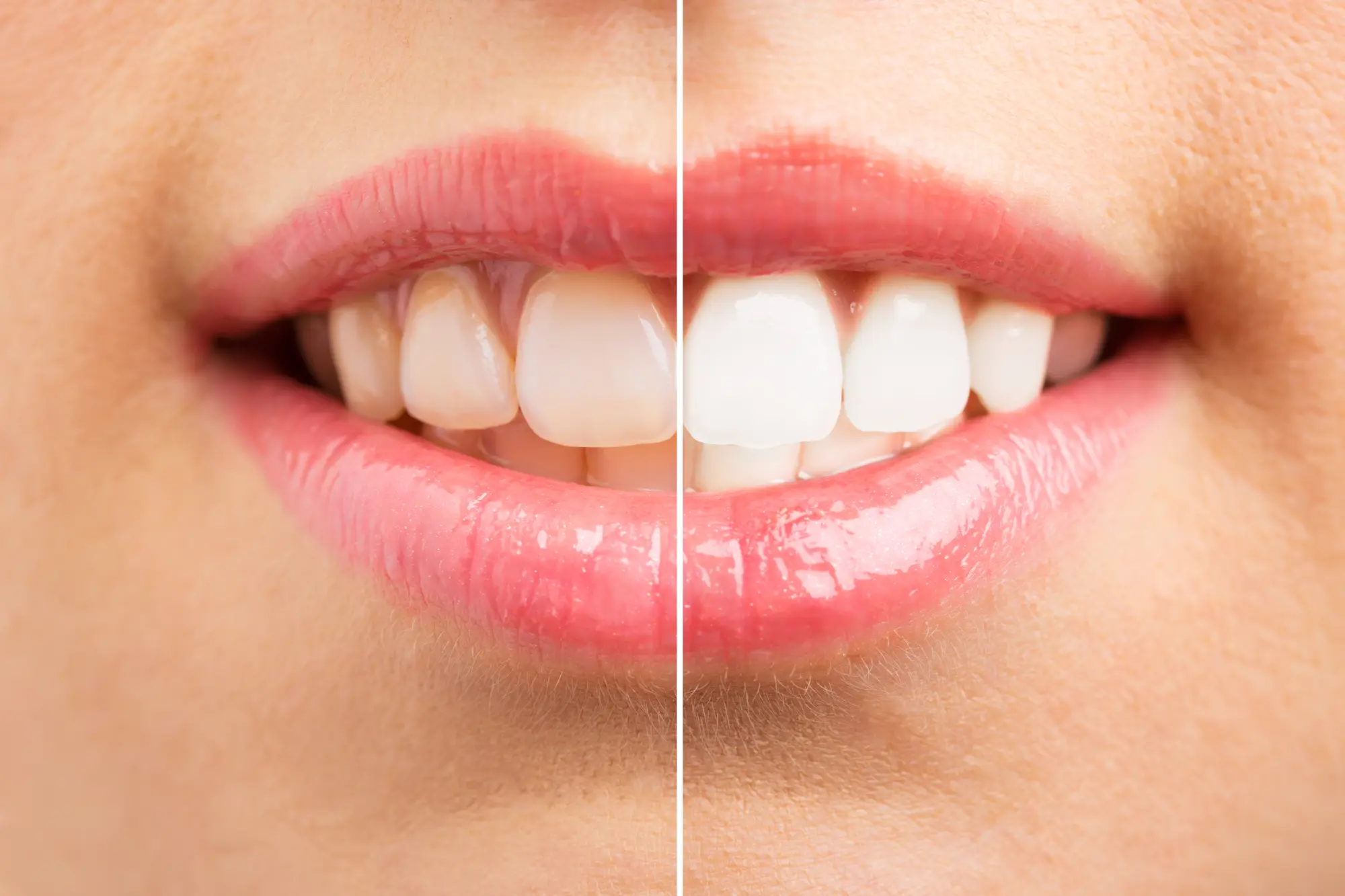Do I Really Need My Wisdom Teeth Removed? A Guide for Justin, TX Patients
August 13, 2025

Wisdom teeth removal in Justin, TX is a common dental procedure, yet the decision to undergo it can be daunting for many patients. If you're in Justin, TX, and wondering whether you should have your wisdom teeth extracted, you're not alone. This guide will help you understand the reasons behind wisdom teeth removal, the potential risks of keeping them, and what you can expect from the procedure. By the end of this blog, you'll have a clearer perspective on whether this step is necessary for your dental health.
Why Are Wisdom Teeth Removed?
Wisdom teeth, also known as third molars, are the last set of teeth to emerge, usually appearing in late adolescence or early adulthood. While some people have no issues with their wisdom teeth, others experience complications that necessitate removal. Here are some common reasons why wisdom teeth are extracted:
- Impaction: Wisdom teeth can become trapped in the jawbone or gums, leading to pain and swelling.
- Overcrowding: These extra teeth can cause misalignment by pushing other teeth out of place.
- Decay and Gum Disease: Their position at the back of the mouth makes them difficult to clean, increasing the risk of cavities and infections.
Understanding these risks can help you make an informed decision about whether removal is necessary.
Signs You Might Need Your Wisdom Teeth Removed
While not everyone needs their wisdom teeth removed, certain symptoms can indicate that it's time to consult with a dentist. Here are some signs to watch for:
- Pain or Discomfort: Persistent pain in the back of your mouth could signal a problem.
- Swelling and Redness: Inflammation around the gums near your wisdom teeth may indicate infection.
- Difficulty Opening Your Mouth: If you experience stiffness or difficulty, it might be due to impacted wisdom teeth.
If you notice any of these symptoms, it's crucial to seek professional advice to prevent further complications.
The Wisdom Teeth Removal Procedure
Understanding what to expect during the wisdom teeth removal process can alleviate anxiety and prepare you for the procedure. Here's a brief overview:
- Consultation: Your dentist will examine your teeth and take X-rays to assess the position of your wisdom teeth.
- Anesthesia: The procedure usually involves local or general anesthesia to ensure comfort.
- Extraction: The dentist will make an incision in the gum to remove the tooth, sometimes in pieces for easier extraction.
- Recovery: Post-procedure, you may experience swelling and discomfort, but these can be managed with pain relief and care instructions from your dentist.
Being informed about the procedure can help you feel more at ease and prepared for the experience.
Recovery and Aftercare Tips
Proper aftercare is essential to ensure a smooth recovery following wisdom teeth removal. Here are some tips to help you heal effectively:
- Rest: Take it easy for a few days post-surgery to allow your body to heal.
- Ice Packs: Apply ice packs to reduce swelling and discomfort.
- Soft Foods: Stick to a diet of soft foods like yogurt and soup to avoid irritating the extraction site.
- Good Oral Hygiene: Gently rinse your mouth with warm salt water to keep the area clean.
Following these guidelines will help you recover more quickly and minimize the risk of complications.
Schedule Your Consultation Today in Justin, TX
If you're experiencing symptoms of problematic wisdom teeth or simply want a professional opinion, don't hesitate to reach out to Valor Dental. Dr. Greg Kiene and Dr. Chris Merkley are here to provide expert advice and care tailored to your needs. Located conveniently in Justin, TX, our team is dedicated to ensuring your comfort and health. Call us at (214) 254-3763 to schedule your consultation today and take the first step towards a healthier smile.




